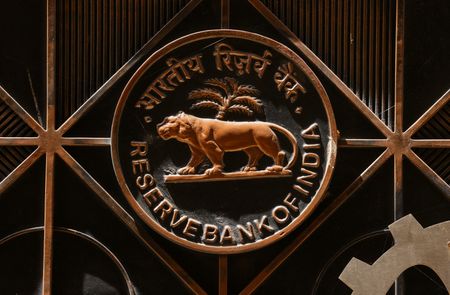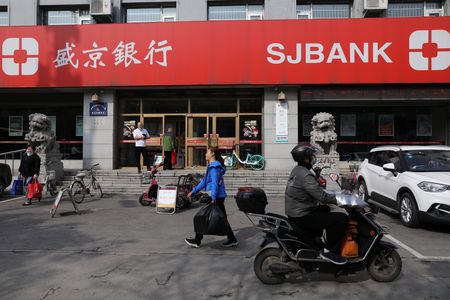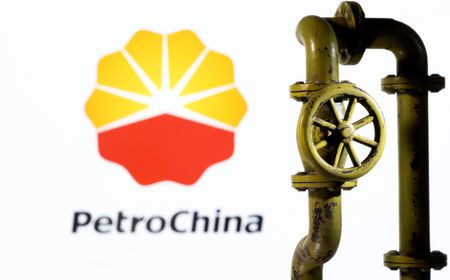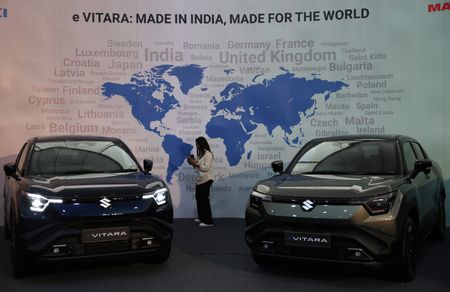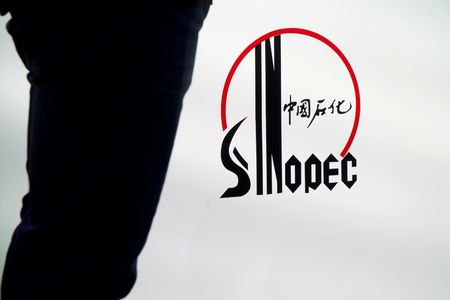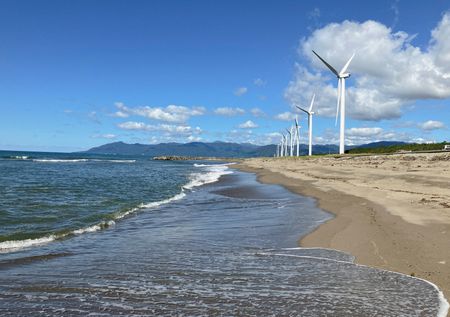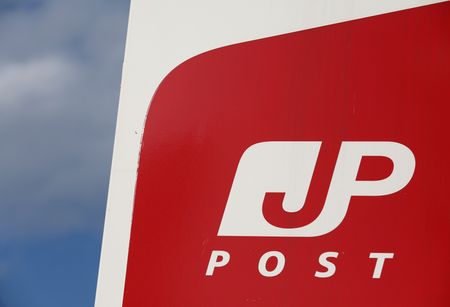By Nikunj Ohri
NEW DELHI (Reuters) -The Reserve Bank of India (RBI) has asked the country’s lenders to increase scrutiny over funds flowing indirectly from Pakistan, according to a letter seen by Reuters that cited a “high risk” of such money being used to buy arms.
Direct flows of funds from Pakistan to India are largely prohibited, with every transaction requiring central bank’s approval.
The directive, dated August 6, follows investigations by Indian agencies after the two neighbouring countries engaged in a fierce four-day military conflict in May.
It named Pakistan as “high risk” jurisdiction from an arms financing perspective and cited Indian investigations into arms financing but did not go into detail about their findings.
According to a government source with direct knowledge of the matter, Indian investigative authorities found that some Pakistan nationals had sent funds to India via other countries.
India’s banking channels are at a “high risk” of being used for arms funding by Pakistan, said the source who was not authorised to speak to media and declined to be identified.
The central bank has general guidelines in place for banks to prevent money laundering, and the financing of arms and terrorism, but a directive drawing attention to Pakistan is rare.
The Reserve Bank of India did not respond to a Reuters’ request for comment.
RBI CLAIM REJECTED
Pakistan’s central bank rejected claims that Pakistan-related fund flows were “high risk,” saying such assertions were politically motivated.
A spokesperson for State Bank of Pakistan told Reuters such steps did not reflect objective assessments made by global standard-setting bodies.
The central bank would work with global financial bodies to keep Pakistan’s trade and remittance flows smooth, transparent and regulated, said the spokesperson.
Zafar Masud, president of the Pakistan Banks Association, said in a statement Pakistan’s “anti-money laundering laws and combating the financing of terrorism is very strict and robust.”
The RBI letter to banks and non-bank lenders also separately cited cases where Pakistan had been accused of violating global sanctions and rules.
It noted that a June 2025 report by the global anti-money laundering watchdog Financial Action Task Force had accused a Pakistan state-owned entity, the National Development Complex, of evading sanctions by importing items for missile development without declaring them.
Pakistan’s foreign ministry did not respond to a Reuters request for comment.
(Reporting by Nikunj Ohri in New Delhi; Additional reporting by Ariba Shahid in Karachi; Editing by Edwina Gibbs and Bernadette Baum)

